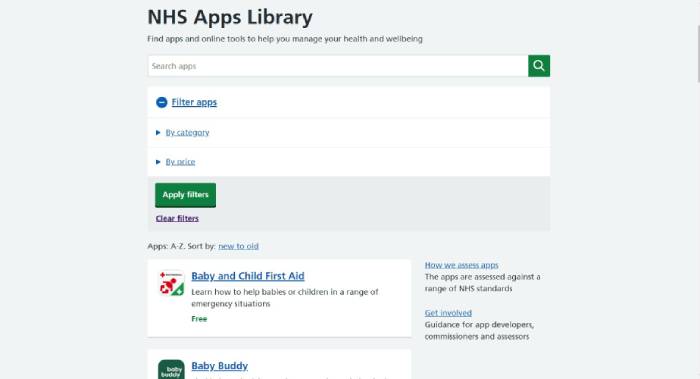Digital interventions can play a role says NICE
In Health & NHS
Follow this topic
Bookmark
Record learning outcomes

Health professionals can consider digital and mobile interventions as a supplement to regular services to support behaviour change in people at risk of developing chronic conditions, says NICE in a new draft guideline.
NICE says that apps, wearable devices and online programmes and websites may help people achieve health goals, including helping people to be more physically active, manage their weight, quit smoking, reduce alcohol intake or reduce unsafe sexual behaviour.
However, NICE says any digital tools should be offered in addition to existing health and care services, not as a replacement.
While highlighting the potential benefit of digital interventions, the NICE urges clinicians to take care that patients do not rely on the apps as a way of avoiding seeing a professional. The guideline also points to the uncertainty of their effectiveness when used alone and recommends them only as supportive tools in addition to regular services.
The draft guidance recommends using resources from expert sources when possible, such as Public Health England and the NHS apps library, to ensure the content has been assessed for safety, effectiveness and data security.
A consultation on the draft guideline closes on March 6.
